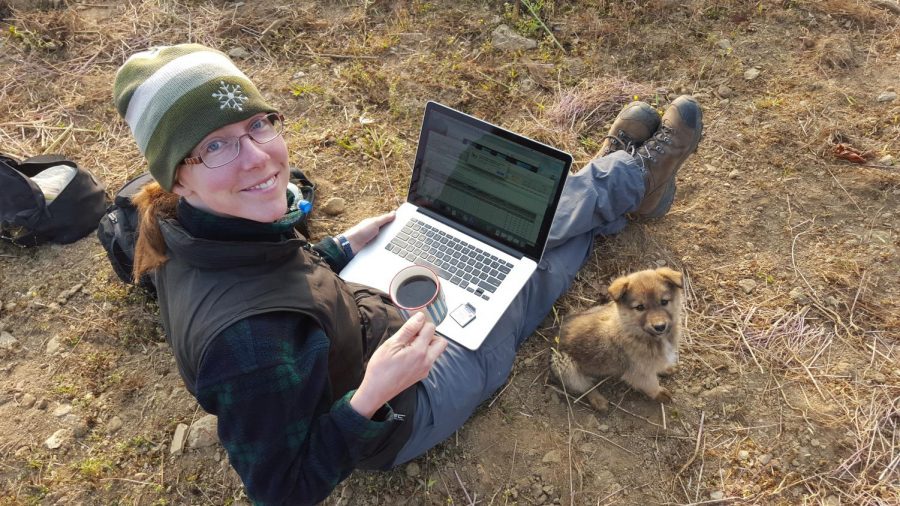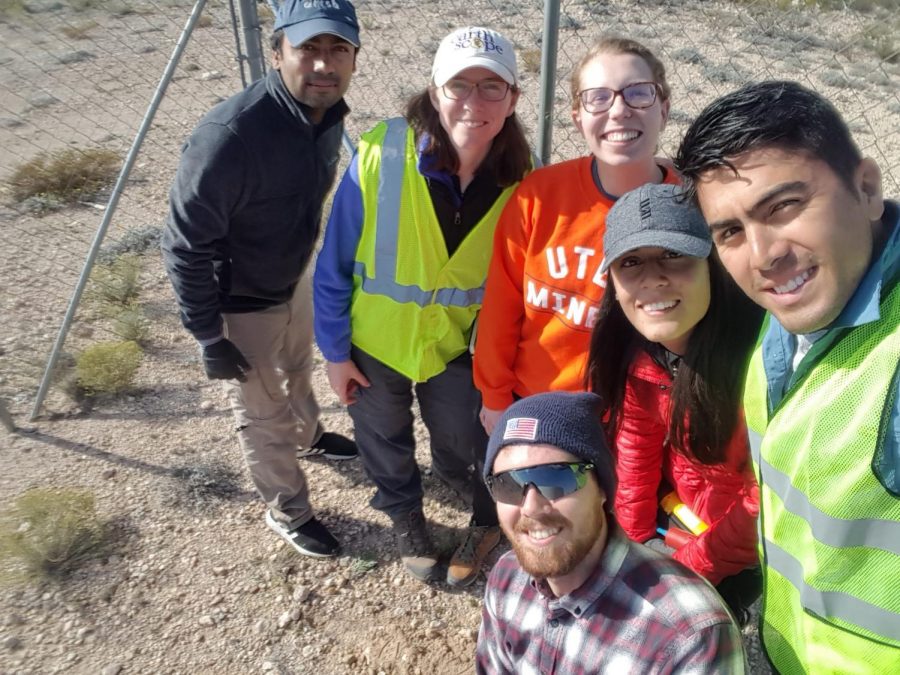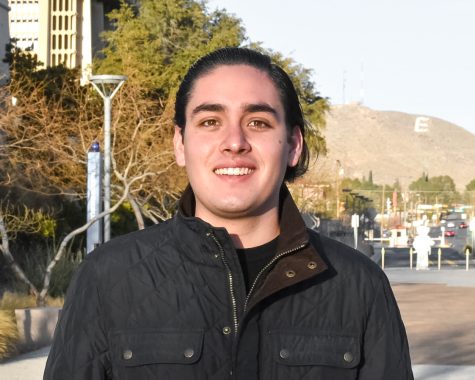Marianne S. Karplus, Ph.D., is a seismologist and geophysicist at UTEP Geological Sciences. Karplus researches the Earth’s structure and tectonics using recording and analyzing seismic waves traveling through Earth’s subsurface.
Karplus moved to El Paso and joined UTEP as an assistant professor in 2015. She has several ongoing research projects to study earthquake faults in different areas of the world. One of the projects focuses on earthquakes and tectonics in the Himalayas and Tibet. According to Karplus, the Himalayas have high mountains and fault zones that produce large earthquakes. The findings of her research could help limit damage that large earthquakes cause to buildings and prevent deaths.
“Working in the Himalaya and Tibet, that’s a line of research that was both one of the first research projects I worked on and also I think there’s a lot more to be done in terms of understanding that area,” Karplus said. “It’s particularly important to understand earthquake processes in the Himalaya because there are so many large population centers, especially in India, Pakistan, Nepal and Bhutan. because there are a lot people who live right on top of that fault zone.”
She also has the goal of building a bridge between scientists in the Himalaya and scientists worldwide. Karplus teaches courses in geology and mentors UTEP students doing geology and environmental science research. This exchange of information is significant because UTEP students learn more about global tectonics while scientists from other sites learn more about the desert area of El Paso.
Karplus’ other studies include using seismology to understand glaciers, geothermal areas, fault structures, and earthquake processes.
“The exchange is very important where we learn things from the scientists and the people in those countries and vice versa. We have a beautiful natural laboratory around El Paso too. I’ve had students working with me from the Himalaya who’ve come to UTEP and they study geology in El Paso and doing research in the Himalaya, I’ve also had students from UTEP that went to the Himalaya, so I think having that kind of international exchange can be important to understand hazards,” Karplus said.
Aside from research, one of Karplus’ goals is to inspire the next generations of science. As a young girl, Karplus was enthused about science and astronomy. It wasn’t until she went to college that she changed her focus to geology.
“During college, I liked the idea of being able to see the things that I’m studying a little bit closer than just looking at them through the telescope,” Karplus said.
Karplus started out taking physics and math courses in college and later added geology courses. This led her to her double major in Earth Sciences and, Mathematics, with a minor in Physics, from Dartmouth College in 2004 and a Ph.D. in Geophysics from Stanford University in 2012.
Karplus is not unaccustomed to being the only woman or one of the few women in her field, so she does service projects for UTEP and often gives speeches to high-school and college-aged women to encourage them to stick with their science focus.
“It can be hard being a member of an underrepresented group in science. In addition to seeking out good mentors, be a mentor. Listen and help each other,” Karplus said. “Do what you can to support people from underrepresented groups – and all people – interested in science.”
Karplus encourages mentees to talk with people with different experiences in their field of interest. She believes opportunities in research are key and encourages students work hard and do what they love.
“Remember when you are learning, it is okay to struggle and okay to fail,” Karplus said. “Those are sometimes the best learning opportunities.”
Heriberto Perez may be contacted at [email protected]; @heriperezlara on Twitter.













